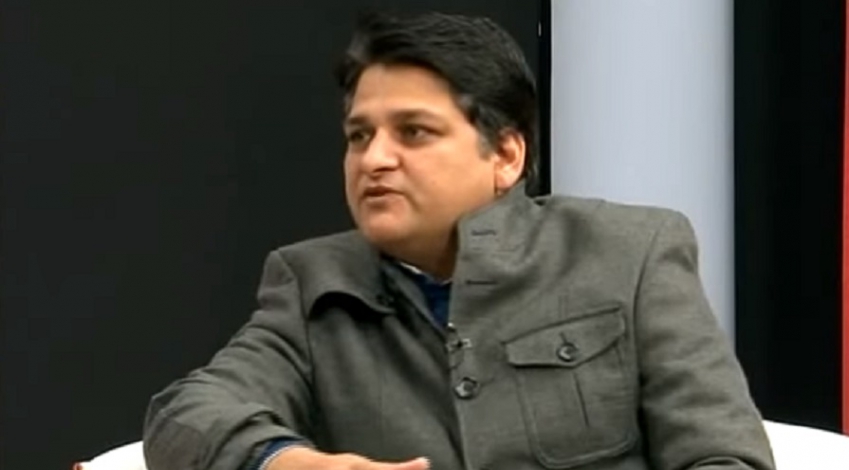Monday 25 February 2019 - 12:28
Story Code : 339867
Terrorist attacks aiming to harm Iran-India growing ties
Speaking in an exclusive interview with the Islamic Republic News Agency (IRNA), Harsh V. Pant, a nonresident fellow with the Wadhwani Chair in US-India Policy Studies at the Center for Strategic and International Studies in Washington said, 'India-Iran trade and economic ties, especially via Chabahar, are already dampening Pakistan's trade via Gwadar and there are going to bring about serious implications for Pakistani economy which is already in doldrums'.
He added, 'Chabahar port is significant for India in terms of connectivity and economic benefits. As India continues to play a significant role in building political, social and economic capacity in Afghanistan, the Chabahar port will have an important role in this outreach'.
'Chabahar port is crucial to India for two key reasons: to gain access to Afghanistan in the event of Pakistan�s refusal and the need to bridge Central Asia and the larger Eurasian region,' he noted.
Elaborating on the role of Pakistan's Inter-Services Intelligence (ISI) and the Pakistani government in these attacks, Pant said 'the role of Pakistani military intelligence complex in these attacks is quite evident'.
He went on to say, 'the scale and the planning behind these attacks could not have been possible without state support. And these two attacks are aimed at signaling the new confidence of the Pakistani military in the context of American desire to leave Afghanistan, thereby making Pakistan central to the evolving regional dynamic.'
For much of the interview, Pant referred to what Pakistan Prime Minister Imran Khan pointed to as India allegations against Pakistan as regard sheltering terrorist groups, he said, 'India has started tightening the economic screws on Pakistan.'
'Trade and cultural contacts have been scrapped. India is pushing the Financial Action Task Force (FATF) to blacklist Pakistan. India is seeking Pakistan�s diplomatic isolation and is considering various military options on the table,' he added.
'There seems to be a consensus in India that after the recent terrorist strike, it cannot be business as usual with Pakistan,' he noted.
Commenting on the reason why US has exempted Chabahar from sanctions, Pant said, 'the Trump Administration is keen to build strategic ties with India and an exemption on Chabahar is one way of demonstrating its commitment to Indo-US ties.'
'This is linked to containing Chinese influence over the long-term as well as about containing Pakistani menace in Afghanistan,' he reiterated.
A suicide attack on a bus, carrying the Islamic Revolution Guard Corps (IRGC) personnel, martyred 27 and wounded 13 others in southeastern Iran on February 12. A terrorist group, called Jaish al-Adl, affiliated to Al-Qaeda, claimed responsibility for the incident.
Earlier, Pakistan ambassador to Iran Riffat Masood in an exclusive inteview with the Islamic Republic News Agency (IRNA) slammed the terrorist attack, saying, �We must collaborate further at all levels to bring peace and stability in our borders and to our region. There are external forces and entities that seek to undermine the good relations between our two brotherly countries and we must not let them succeed.'
�Pakistan will continue to work with Iran to bring an end to terrorism that affects our region� she added.
In the meantime, Commander of the Quds Force of the Islamic Revolution Guard Corps (IRGC) Major General Qasem Soleimani said Iran will take its soldiers' revenge on Takfiri mercenaries in Pakistan following their deadly terrorist attack on the IRGC.
Takfiri terrorist elements, backed by Saudi Arabia, caused troubles for all the neighbors, including India, Afghanistan and other countries, due to taking hostile actions in Pakistan soil and Pakistan should understand it well, he noted.
# Tags











